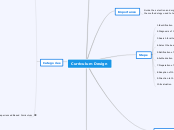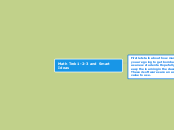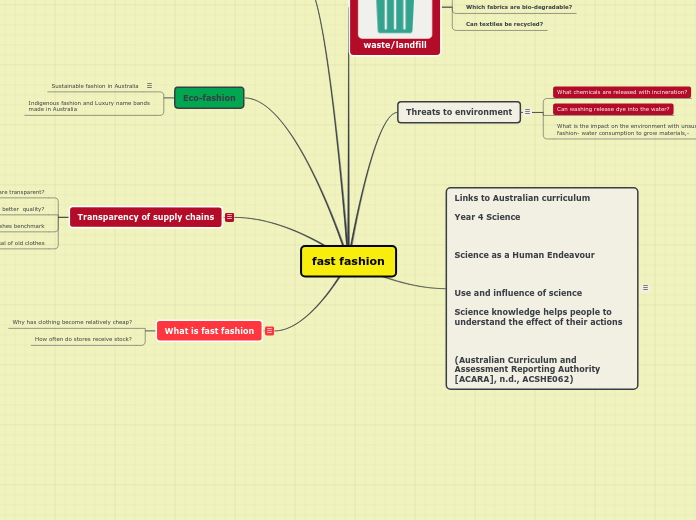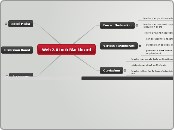Curriculum Design
Categories
Activity/Experienced Based Curriculum
People only learn what they experience.
According to M.K Gandhi, education is the development of all the aspects, i.e body mind and spirit.
Mind without activities cannot develop the personality perfectly, so education must give importance to activities.Education, if has no link with life is meaningless.
Limitations
Not applicable to all stages of education
Personal supervision is needed for every activity which is not possible in school.
Neglects other activities needed for intellectual development of the child.
Require long term planning with details of the whole process.
Inspire the students to apply their ideas, knowledge and mind in solving problems.
Promote better understanding of a lesson among students-hands-on
Fulfill the natural urge of a growing child.
Activities
Community Activity
provide information regarding history, geography and economics
eg;communities projects, social services
the socialization of the child
Aesthetic Activity
self expression and development of inborn creative faculties.
eg;Music, arts creative crafts
Constructive Activity
eg;Handwork craft repairing of tools
production efficiency may be developed
Environmental Activity
develop civic sense and love for nature in children
eg; nature study, excursion, survey, social visit
Physical activities
eg;physical training, games and sports
physical development of the child
Subject Centred Curriculum
Mandates specific amounts of material to be covered over special periods of time regardless of student abilities or interests.
Disadvantages
Teachers are teaching the students to think inside the box in order to pass the exams.
Students simply memorize what they need to know in order to pass a test, instead of actually learning it.
Teachers unable to innovate their teaching style to help students learn in a creative way.
Advantages
Efficient in staff development
What students learn, they learn well
Students like it
Common Feature in Three Subject Centred Design
Subjects are clearly defined and distinguished.
Methodology = teacher-centred.
Subjects-like groupings.
Broad Fields Design
Commonly found in primary and lower secondary school.
Overcome a perceived weakness in the subject design.
Academic Discipline Design
Emphasize the role played by academic discipline.
Subject Design
Classification and organization of subjects matter.
Core Curriculum
A set of common learning (knowledge, skills and values) that should be provided to all learners in order to function effectively in a society.
Reinforcement Theory
Implication of Theory
They must tell the employees how they can achieve positive reinforcement
They must tell their employees what they are not doing correct
Managers who a making attempt to motivate the employee must ensure that they do not rewards all employees simultaneously
Methods of Controlling Behaviour
Extinction
absence of reinforcements
lowering the probability of undesired behaviour
Punishment
lower the probability of repeating undesirable behaviour in the future
removing positive consequences
Negative Reinforcement
removing undesirable consequences
Positive Reinforcement
giving a positive response
Steps
10.Evaluation
9.Direction to the staff
8.Adoption of the solution
7.Preparation of adopting the solution
6.Authorization of the solution
5.Ratification of the solution by organization
4.Select the best alternative
3.Search for alternative solution
2.Diagnosis of the problem
Subtopic
1.Identification of the problem
Importance
Guide the selection and organization of content and the methodology used to teach the content.
Principles
Spend time to accomplish the goals of curriculum.
Provide for student testing of learned behaviour.
Enable utilization of cognitive teaching input.
Use teaching personnel in economical and efficient way.
Use the logical, precise, effective and efficient educational technology.
Cope with knowledge explosion and the short “half-life” of scientific knowledge.
Respond to the educational needs of society and the immediate concern of students.
Derive and test its concepts and theories in teaching process.
Implement the conceptual framework commitments and be consistent with it.









